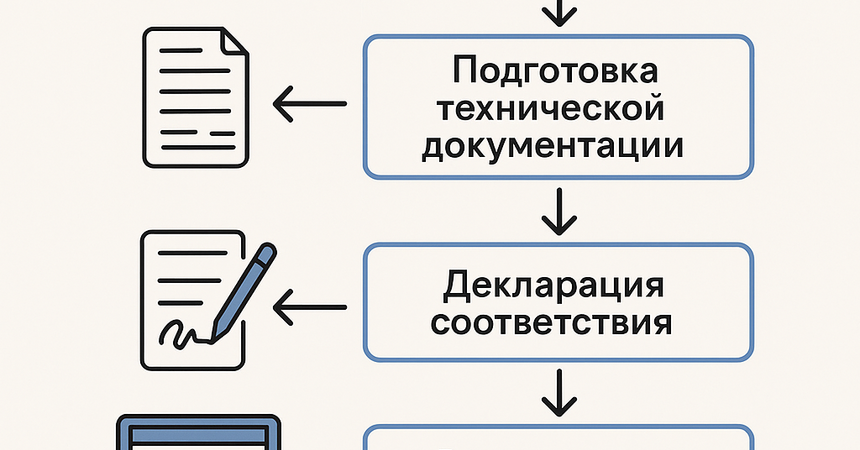Action Algorithm When No Technical Regulation Exists in the SABER System
When registering products in the SABER system, one of the first steps is to check whether your product is subject to an approved technical regulation by SASO (Saudi Standards, Metrology and Quality Organization). However, there are cases when no mandatory technical regulation has been established for a given product, which often leaves manufacturers and suppliers confused. So what should you do in such cases?
This article provides a step-by-step breakdown of what actions to take in order to register your product and complete certification in SABER — even without a technical regulation.
Why a Technical Regulation May Be Absent
The absence of a technical regulation means that for this specific product type, no binding safety and quality standards have yet been defined under Saudi Arabian law.This commonly applies to:
- Niche and specialized industrial goods.
- Unique components or parts with limited mass-market application.
- New technological products not yet reviewed by the regulator.
How SABER Determines Product Status
Once a registration application is submitted, the SABER system automatically checks the product against its database of approved technical regulations. If none is found, the product is labeled as an unregulated product.Such products follow a simplified compliance process — but it still involves certain required steps.
Step-by-Step Algorithm for Unregulated Products
Step 1: Prepare Detailed Technical DocumentationGather the most complete product description possible, including:
- Intended use and application area.
- Specifications (materials, dimensions, voltage, etc.).
- User manuals and instructions.
- Safety and disposal information.
Step 2: Issue a Self-Declaration of Conformity
For unregulated products, the manufacturer or importer must issue a Self-Declaration of Conformity — stating the product is safe and compliant with general quality standards.
This declaration is typically based on:
• The company’s internal technical documentation.
• Voluntary test results (if available).
• International standards (ISO or IEC) when applicable.
________________________________________
Step 3: Register the Product in SABER as Unregulated
Once documentation is prepared:
• Upload the technical description and the declaration into the SABER system.
• Pay the associated certification fees.
• Wait for automated or fast-track approval.
________________________________________
Step 4: Obtain a Shipment Certificate
After registering the product and receiving the Product Certificate of Conformity (PCoC), a Shipment Certificate must be issued for each shipment. Without it, goods cannot legally enter Saudi Arabia.
This step is mandatory even for unregulated products.
________________________________________
Common Mistakes with Unregulated Products
• Skipping the Self-Declaration
Some suppliers mistakenly believe no documentation is needed if no regulation exists. This results in SABER certification denial.
• Vague Product Descriptions
Poor or generic descriptions often lead to clarification requests, registration delays, or even temporary import bans.
• Ignoring Shipment Certificate Requirements
Every shipment must be accompanied by a specific certificate — even if the product is unregulated.
________________________________________
Conclusion
The absence of a technical regulation should not discourage you from exporting to Saudi Arabia. In such cases, a simplified but mandatory process applies: prepare technical documents, submit a self-declaration, register in SABER, and issue shipment certificates for every batch.
WorldWideBridge supports manufacturers and exporters through this entire process. We help prepare documents, issue declarations, complete SABER registration, and liaise with certification authorities.
Contact WorldWideBridge — we make your export journey smooth and compliant, even without an approved technical regulation.
